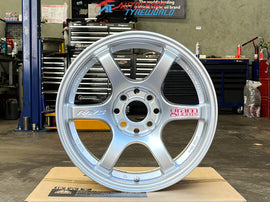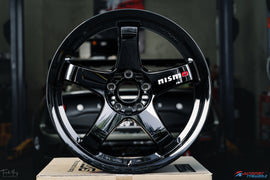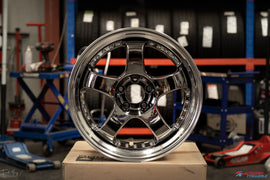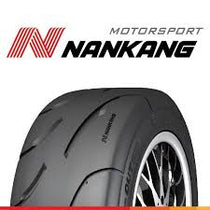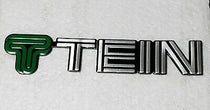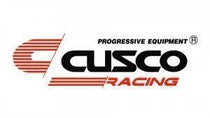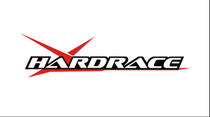Choosing the correct tyre size for your vehicle is crucial for safety, performance, and comfort. A tyre that’s too small, too large, or incorrectly matched can affect your car’s handling, fuel economy, and even compromise braking distances. In this guide, we’ll walk you through everything you need to know to select the perfect tyre size.
Understanding Tyre Size Numbers
When looking at a tyre, you’ll notice a series of numbers and letters on its sidewall, such as 205/55R16. Here’s what each part means:
-
205 – The tyre's width in millimetres.
-
55 – The aspect ratio, meaning the sidewall height is 55% of the tyre’s width.
-
R – Stands for Radial construction (the most common type).
-
16 – The diameter of the wheel rim in inches.
Each number plays a vital role in how the tyre performs, fits, and feels on your vehicle.
Why Tyre Size Matters
Choosing the wrong tyre size can lead to:
-
Poor handling and reduced stability
-
Inaccurate speedometer readings
-
Increased wear and tear
-
Higher fuel consumption
-
Risk of tyre rubbing against the car’s body or suspension
Sticking to the manufacturer’s recommended tyre size ensures your car operates as intended.
How to Find Your Car’s Recommended Tyre Size
Here are some easy ways to find the correct tyre size for your car:
1. Check the Owner’s Manual
The vehicle manual typically lists the manufacturer’s recommended tyre sizes, including optional variations for different driving conditions.
2. Look at the Tyre Placard
Most cars have a tyre information placard located:
-
On the driver’s side door frame
-
Inside the fuel cap
-
In the glove box
It will show the correct tyre size and recommended tyre pressures.
3. Review Your Current Tyres
If your current tyres are original or correctly replaced before, you can simply read the size information printed on the sidewall.
Factors to Consider When Choosing Tyre Size
While sticking to the manufacturer’s recommendation is ideal, sometimes you might want to adjust tyre size slightly. When doing so, consider:
-
Speed Rating: Make sure the new tyres meet or exceed the speed capability of your vehicle.
-
Load Index: Ensure the tyres can handle the vehicle’s weight and any additional load.
-
Clearance: Verify that the tyres won't rub against wheel wells or suspension parts.
-
Purpose: Larger tyres may look better and offer more grip, while smaller ones might improve fuel efficiency.
Tip: Any changes should be discussed with a tyre specialist to ensure safety.
Popular Tyre Sizes for Australian Drivers
Some of the common tyre sizes we stock at AutoSTW include:
-
205/55R16 – Popular for compact sedans and hatchbacks
-
225/65R17 – Common in SUVs
-
235/40R18 – Ideal for performance vehicles
-
265/65R17 – Frequently used for 4x4 and off-road vehicles
Explore our tyre range to find the perfect match for your car.
Final Tips: Always Consult a Tyre Specialist
Before switching tyre sizes, always talk to a tyre expert. At AutoSTW, our experienced team can help you choose the right tyres that match your vehicle’s specifications and your driving needs.
We offer a wide range of tyres in Adelaide for all makes and models — and we’re here to make sure you drive away with confidence.
Call to Action
Need help choosing the right tyres?
Contact AutoSTW today for expert advice and a free tyre fitting consultation!

